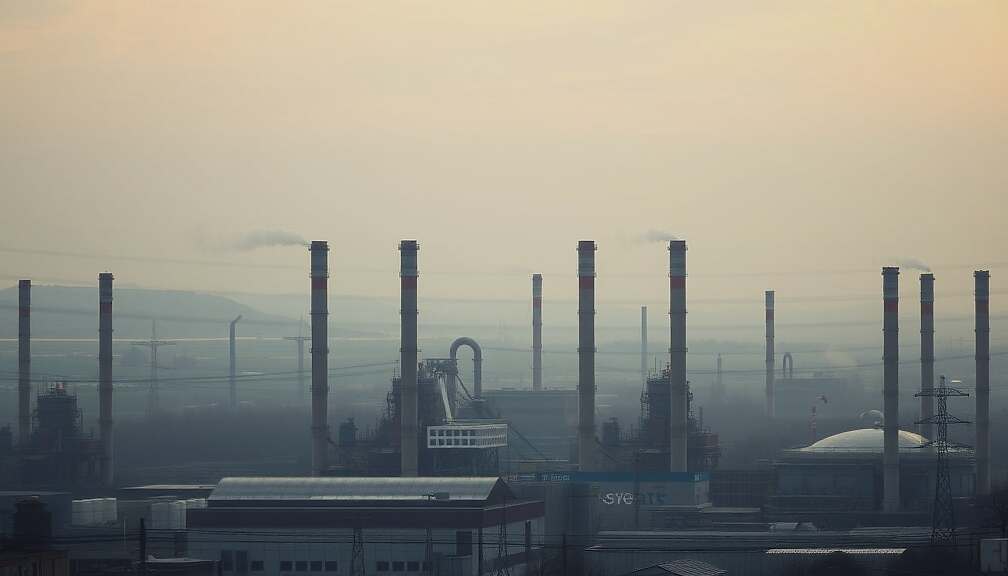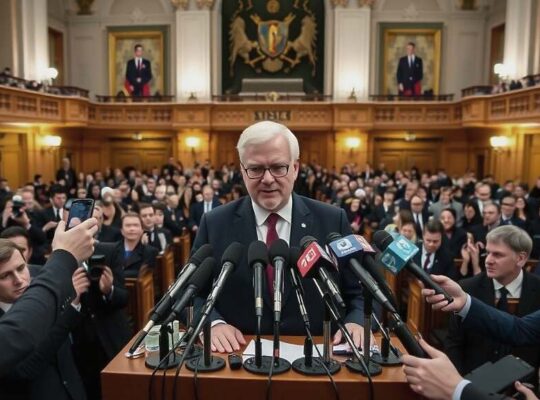A proposed German initiative focused on the underground storage of carbon dioxide is facing scrutiny from opposition parties in the Bundestag, with concerns raised about its potential scope and effectiveness. The plan, spearheaded by Economics Minister Katherina Reiche, aims to capture and store CO2 emissions, but the Social Democratic Party (SPD) and the Green Party are advocating for limitations on which industrial sectors would be eligible.
SPD climate policy spokesperson Jakob Blankenburg cautioned against allowing the technology to become a justification for continued reliance on fossil fuels. He specifically warned against automatically classifying new gas-fired power plants as climate-neutral simply due to the potential for carbon capture and storage (CCS). “We must not begin to declare everything as unavoidable” Blankenburg stated, while acknowledging CCS may have a role in achieving climate neutrality in cases where emissions are truly unavoidable. He emphasized, however, that prioritizing emission reduction remains crucial.
Lisa Badum, climate policy spokesperson for the Green Party faction, echoed these concerns, pointing to a lack of restrictions within the current draft legislation regarding which industries could utilize CCS. “The bill as it is currently structured contains no restrictions on the industrial sectors to which CCS can be applied” Badum explained, adding that even the energy sector isn’t explicitly excluded. She voiced concerns that industries might delay necessary transitions, hoping for CCS to serve as a technological solution.
The Green Party remains open to exploring CCS, but emphasizes it should be considered a last resort.
The Intergovernmental Panel on Climate Change (IPCC) recognizes CCS as a vital tool for managing unavoidable emissions in sectors like cement, steel and chemicals. However, the IPCC also cautions that relying too heavily on carbon removal technologies could diminish incentives for immediate and substantial emissions reductions. Currently, CCS projects have proven expensive and difficult to scale effectively, hindering the achievement of planned capacities. A key challenge is ensuring the long-term integrity of storage sites to prevent stored CO2 from re-entering the atmosphere and contributing to global warming.












